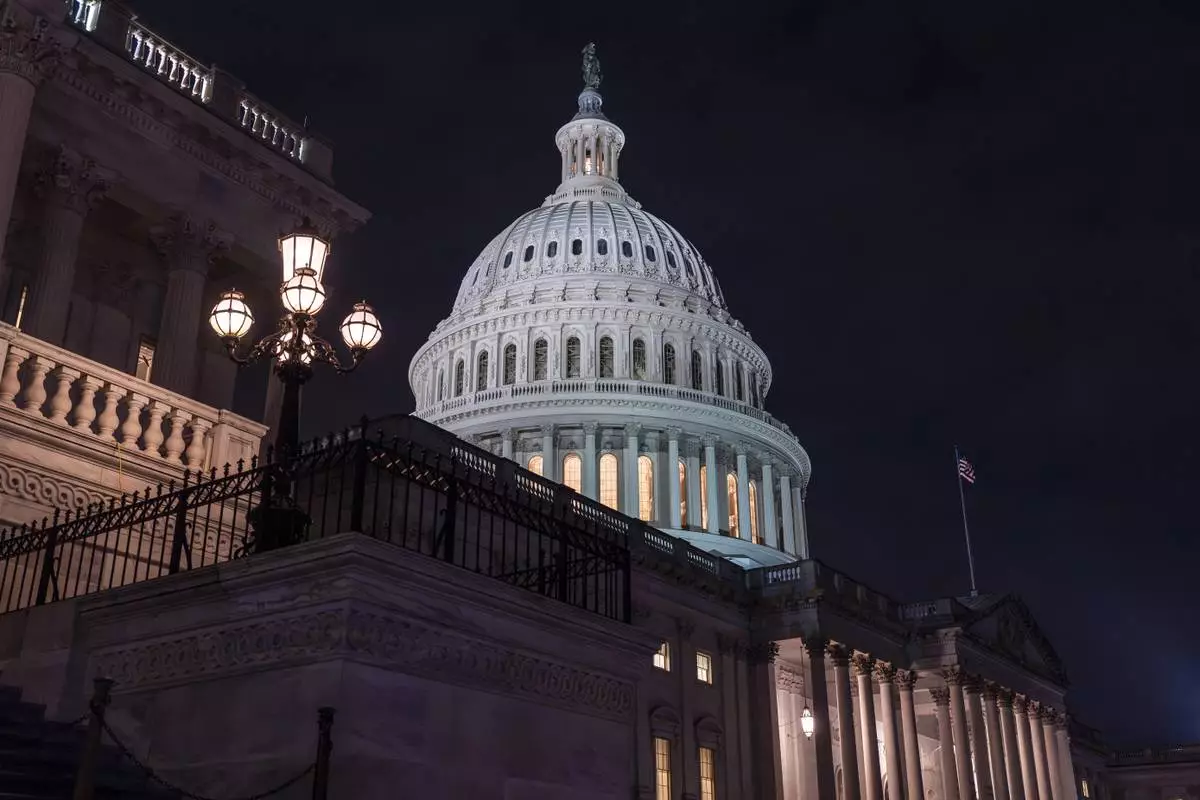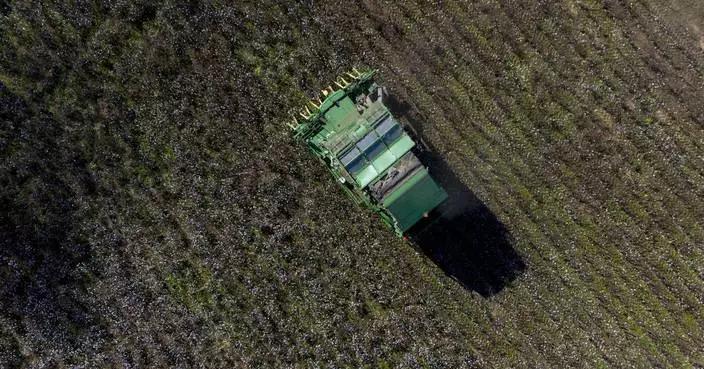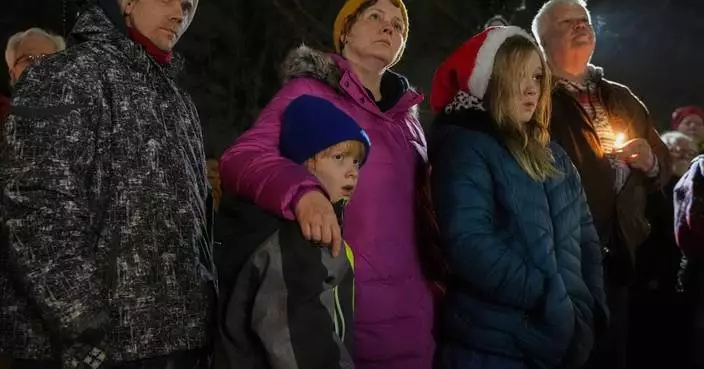Some FIFA rules on player transfers are contrary to European Union legislation relating to competition and freedom of movement, the EU’s top court said on Friday.
The ruling will likely lead to a shakeup of the soccer market's global regulations and could change the sport's economy.
The European Court of Justice's ruling came after former France international Lassana Diarra legally challenged FIFA rules following a dispute with a club dating to a decade ago. Diarra argued that FIFA's restrictions meant he was unable to find a new club after his contract with Russian club Lokomotiv Moscow was terminated in 2014.
FIFA's rules state that if a player terminates his contract without “just cause," the player and any club wishing to sign him are jointly liable for paying compensation to the previous club.
“Those rules hinder the free movement of players and competition between clubs,” the court said in a statement. “The rules in question are such as to impede the free movement of professional footballers wishing to develop their activity by going to work for a new club.”
The ruling is seen as crucial because it could make it easier for players to terminate their contracts and join another team — potentially leading to a scenario where bigger clubs could more easily poach players from smaller rivals.
The global players’ union FIFPro, which supported Diarra's case, said the ruling “will change the landscape of professional football.”
However, it could take a couple of years before any changes to the system go into effect as Friday’s ruling is part of a Belgian court case that is still ongoing.
Although the ruling was seen as a defeat for FIFA, the court recognized that the transfer regulations can also be necessary to help maintain stability within professional squads and guarantee the regularity of competitions.
“It is important to clarify that today’s decision does not change the core principles of the transfer system at all,” FIFA chief legal officer Emilio Garcia said.
Diarra's lawyers called the ruling a “total victory.” He signed a four-year contract with Lokomotiv Moscow in 2013 but the deal was terminated a year later after Diarra was unhappy with alleged pay cuts.
Lokomotiv Moscow applied to the FIFA dispute resolution chamber for compensation and the player countered seeking compensation for unpaid wages.
The Court of Arbitration for Sport ruled in favor of the Russian club and the player was ordered to pay 10.5 million euros ($11.2 million). Diarra claimed his search for a new club was hampered by FIFA's rules stipulating any new side would be jointly responsible with him for paying Lokomotiv.
The former Real Madrid player also argued that a potential deal with Belgian club Charleroi fell through because of the FIFA rules, and sued FIFA and the Belgian federation at a Belgian court for damages and loss of earnings of six million euros ($7 million). With the lawsuit still going through Belgian courts, the case was referred to the ECJ for guidance.
In Friday's ruling, the court added that current rules “impose considerable legal risks, unforeseeable and potentially very high financial risks as well as major sporting risks on those players and clubs wishing to employ them which, taken together, are such as to impede international transfers of those players.”
It was not immediately clear what impact the ruling will have on players and leagues more broadly, but some analysts have compared it to the ECJ’s 1995 decision on Belgian footballer Jean-Marc Bosman.
That ruling removed restrictions placed on foreign EU players within national leagues and allowed players in the bloc to move to another club for free when their contracts ended.
That ruling ultimately skewed the player trading market in favor of wealthier clubs in western Europe who could lure free agents with big salaries and avoided paying transfer fees that many smaller clubs relied on.
If FIFA introduces rules making it easier for players to terminate their contracts and join new clubs when they want, the whole system of transfers largely based on transfer fees could be challenged, with clubs less tempted to invest millions in players with more freedom to leave.
But it could also give more power to the richest clubs capable of luring players with gigantic salary offers.
“All professional players have been affected by these illegal rules and can therefore now seek compensation for their losses,” Diarra's lawyers claimed in a statement.
FIFPro added: “Lassana Diarra — like Jean-Marc Bosman before him — has ensured that thousands of players worldwide will profit from a new system which must guarantee respect of their employment rights. This ruling is not only important for Lassana Diarra but all players, both active and retired.”
The Diarra case went through FIFA judicial bodies before the 2016 election of FIFA president Gianni Infantino, who has made it a priority to modernize transfer market rules. FIFA has indicated it is open to a wide-ranging consultation with unions, clubs and leagues to address the courts’ opinions.
FIFA said the ruling “only puts in question two paragraphs of two articles of the FIFA Regulations on the Status and Transfer of Players, which the national court is now invited to consider.”
The court slammed FIFA's rules for restricting and preventing cross-border competition between European clubs.
“The Court recalls that the possibility of competing by recruiting trained players plays an essential role in the professional football sector and that rules which place a general restriction on that form of competition, by immutably fixing the distribution of workers between the employers and in cloistering the markets, are similar to a no-poach agreement," it said.
The court in Luxembourg also suggested FIFA's compensation rules seemed to protect the financial interests of clubs.
“FIFA has been continuously improving that (transfer) system for many years — not for its own benefit,” Garcia said, “but for the benefit of players, clubs, leagues and member associations, to ensure that players can train, be developed and have stability, while safeguarding the integrity of competitions.”
AP soccer: https://apnews.com/hub/soccer
Graham Dunbar in Geneva and Lorne Cook in Brussels contributed.

FILE - In this file photo dated Friday, Sept. 14, 2018, Paris-Saint-Germain player Lassana Diarra during a French League One soccer match against Saint-Etienne at the Parc des Princes stadium in Paris. (AP Photo/Michel Euler, File)










